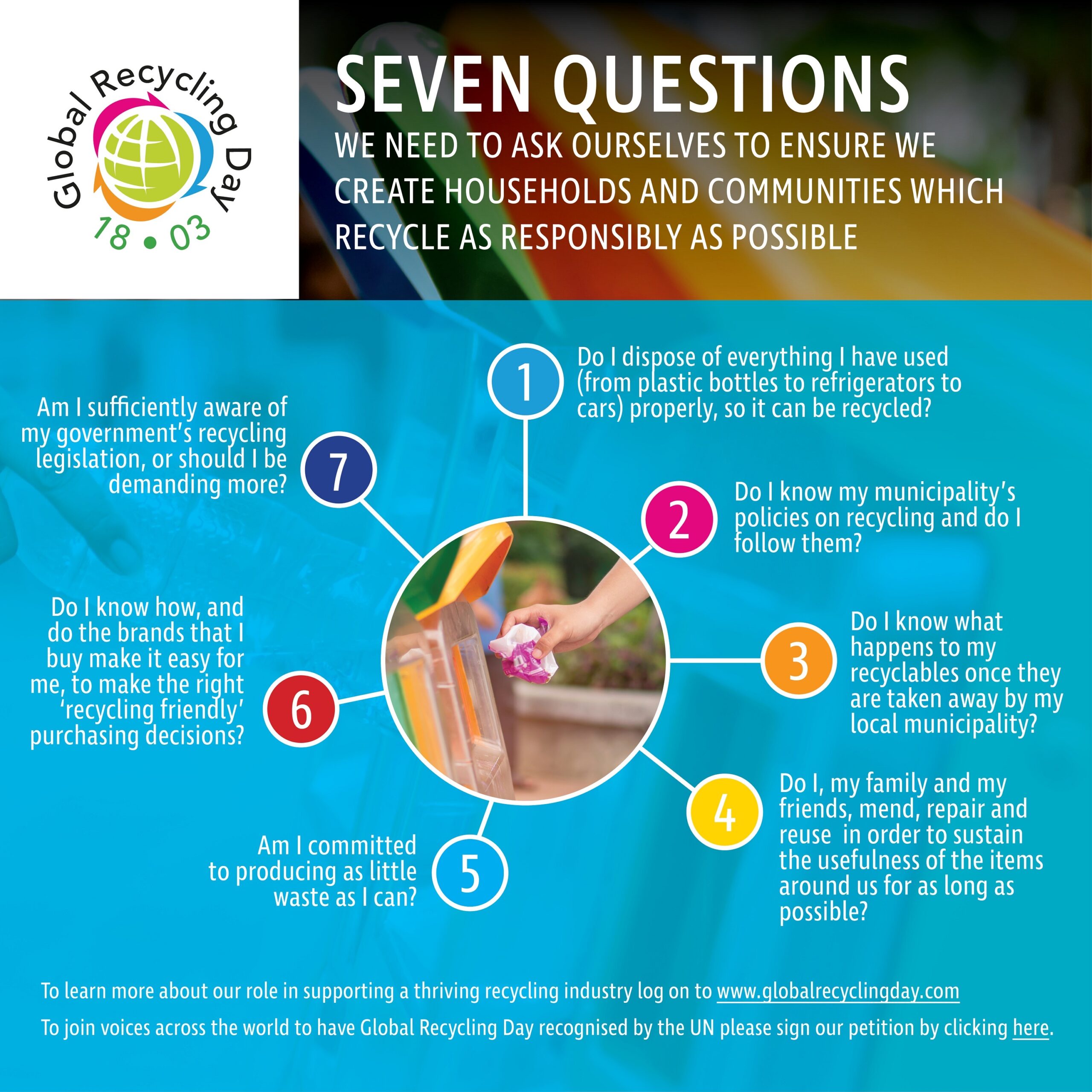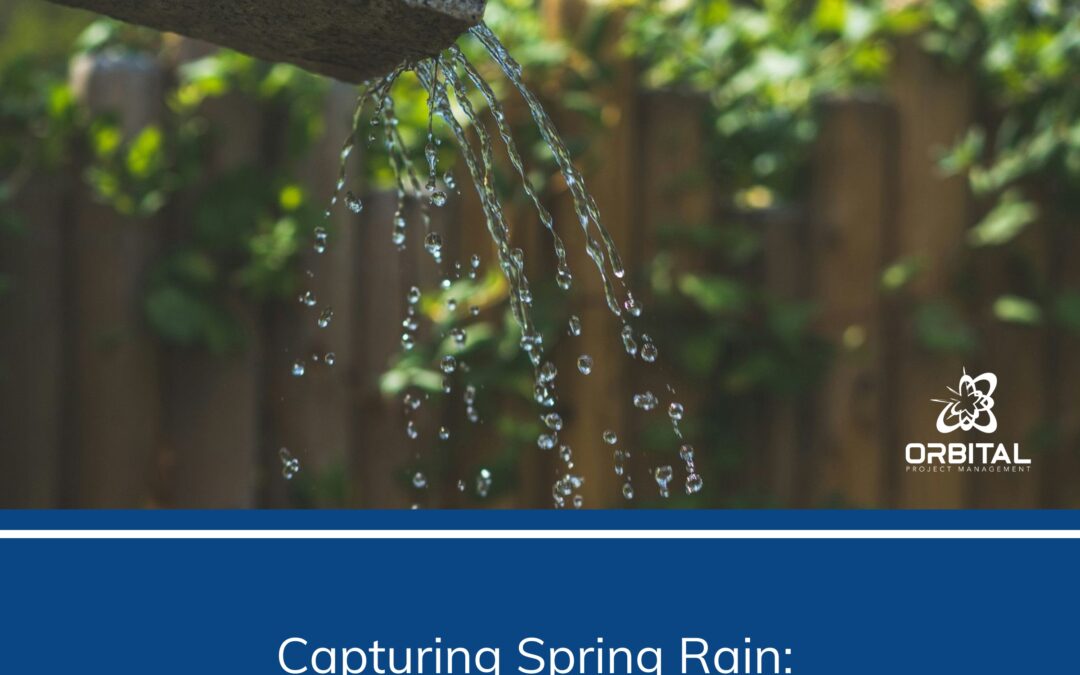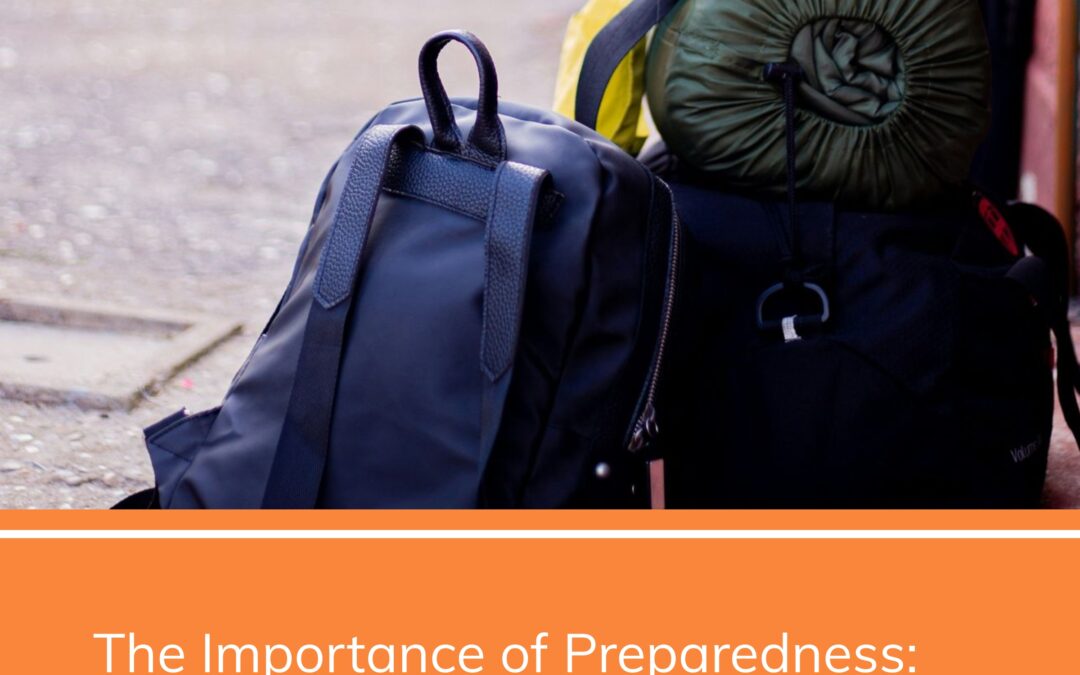Why is it called You Need a Beer Day?
Read on to find out…
Does recycling really make a difference?
(Spoiler alert: Yes, it makes a massive difference.)
Why do your choices as an individual consumer and discarder of materials matter?
Because we are ALL in this together. (Technically, we are all *on* this together…but I digress.) At last estimate, we are nearly 8 billion strong…and each of our choices contribute to the whole.
Earth’s finite resources
Working in the energy sector, one can’t help but know the 6 primary resources of our planet: water, air, oil, natural gas, coal, and minerals. Everything we produce and consume relies on these groups of raw elements and compounds.
But did you know there is a 7th resource?
That’s right. Another source we can draw on for materials needed for production: Recyclables.
Recycling allows us to keep earth’s finite resources in play as part of a circular economy of use and reuse. Keeping items out of the trash bin isn’t just to make us feel better about not being wasteful. But, maybe we should reconsider our stewardship for a moment….
Because of all the raw materials we take from the earth, 92% of them are only used once. Once. Earth must feel like a parent watching its child throw away his dinner. So much waste.
We could learn a thing or two from the generations who survived the Great Depression and could repurpose and reuse nearly every item in their possession. They understood the inherent value in materials and refused to discard them irresponsibly. We carry their DNA. And we can do better.
The carbon impact
One estimate is that recycling prevents 1.5 trillion tons of carbon emissions every year. That’s an interesting number to toss around. How exactly does putting your can of recycling at the curb each week play into that?
For starters, plastics emit carbon dioxide. From the moment of production to the painfully slow decomposition in a landfill, the plastics of the world can also leach toxins into the water and soil. Keeping the ones we currently have in play instead of producing more plastic from raw materials can keep the increasing plastic load in check.
In addition to circumventing the inherent carbon-release issues with plastics, keeping paper, glass, and metals circulating through the material chain prevents the need to harvest virgin materials from the earth. Between heavy equipment for mining and the impact of transport, the carbon investment in sourcing new materials is steep. Repurposing recyclables is an important step in balancing the carbon emissions equation.
Who is responsible?
Ah, the responsibility paradox. We can be responsible consumers. We can recycle responsibly. And yet, every purchase we make comes with a cost. We are often at the mercy of manufacturers and the materials they utilize in production. Ultimately, we are all responsible (and not in a good way) for the burgeoning landfills, the plastic quandary, and the environmental effects of our economy.
Beginning with manufacturers, there are several considerations that can improve the trend. First, ensure that products are designed for recycling. Like the Farmstand indoor garden we recently purchased, which was made from recycled materials and designed to be fully recyclable (you can read that post HERE), products can have minimal impact and keep those existing plastics in circulation.
Second, with a variety of production methods to choose from, options such as injection molding utilize precisely the amount of material needed with close to zero waste.
Third, products that have multipurpose uses decrease the total number of items we may require as consumers. Any avid outdoors types here? If you have ever had to hike with gear on your back, you know that something better have at least three purposes for you on the trail. The same can hold true for items in our homes. Minimalists have this concept nailed and can teach most of us a thing or two about the difference between wants and needs.
Finally, smarter distribution methods can improve the overall “cost” of goods in the circular economy. Keep the transportation entry on the carbon ledger down, and limit the distribution of packaging to the areas where it is recyclable.
Next steps
Want to know what you can personally do to reduce your contribution to the gaps in our global recycling plan?
Start with an objective look at what you purchase, how it’s packaged, what pieces are single-use or non-recyclable, and see what alternatives are available.
There are myriad options from bars of shampoo to chewable toothpaste pellets and disintegrating laundry detergent sheets to balls of handsoap you reconstitute in water. These options do not require plastic packaging, weigh less, and take up less space and energy for distribution due to the lack of water composition. Give these and try and see what works for you.
Watch some YouTube videos on minimalism for a sobering contrast to the ways typical consumers and households function and some inspiration for shifting your approach to daily living needs.
Also, contact your local recycling contractor to find out exactly what is recyclable in your area. Most people look at the bottom of a carton to see if there is the ♻️ symbol present and then toss it into the recycling bin.
Did you know that a massive portion of what households “recycle” actually ends up in the landfill?!
That’s right, most recycling places only accept a small percentage of *potentially* recyclable items. They trash the rest. And, if your recycling agency has stringent rules about the cleanliness of recyclable items, then even things you’re sending like glass jars may be trashed if they have food remnants present.
Do your due diligence…and you’ll be shocked at how much never makes its return to the “circular economy.” We are bleeding our 7th resource into mountains of garbage.
Take even one step today to improve your individual role in our global recycling plan!
How to celebrate properly
In 2018, the Bureau of International Recycling [BIR] and the United Nations Industrial Development Organization [UNIDO] teamed up to have Global Recycling Day recognized as an official UN day.
I doubt they realized this could also be known as You Need a Beer Day [UNIDO-BIR Day], but they didn’t consult me first.
So, if you’re going to celebrate properly, please ensure you recycle your can or bottle.
Better yet, grab one at the pub in a glass pint to reduce the overall packaging and distribution cost.
You’re welcome.
Ready for more?
For your weekly dose of insights and musings on everything from environment to energy (and a peek behind the curtain here at Orbital Project Management), be sure to follow us HERE.






